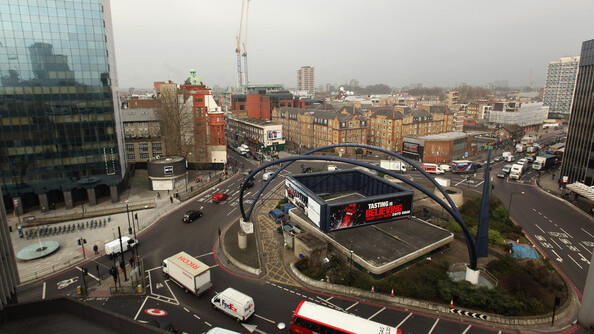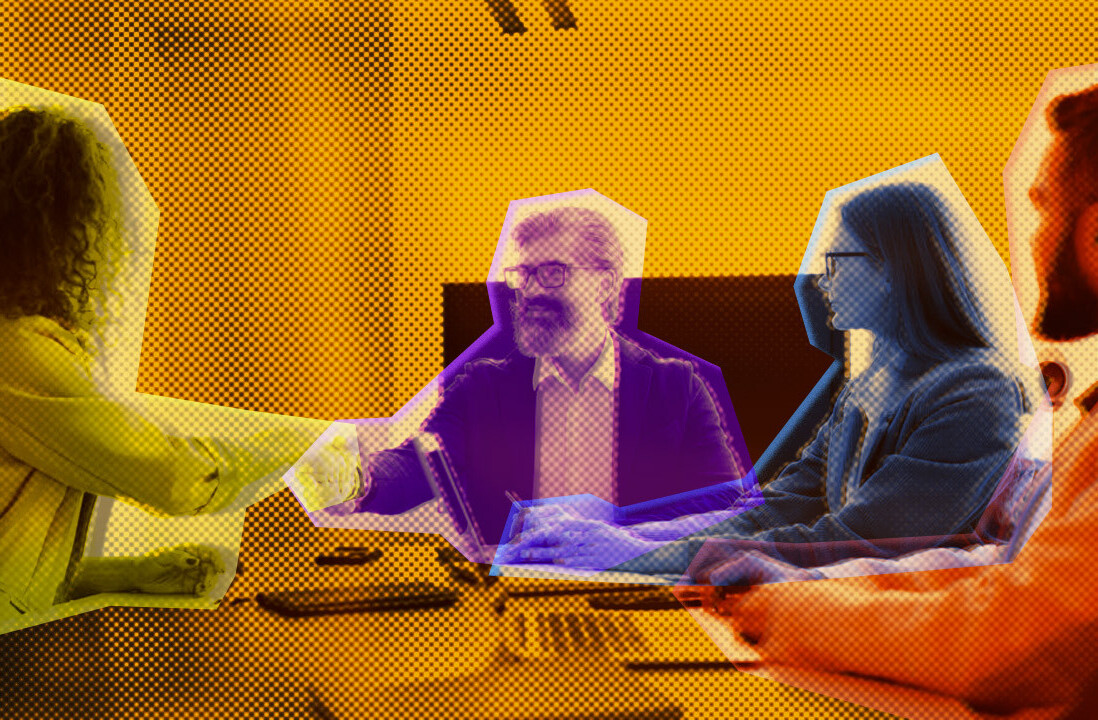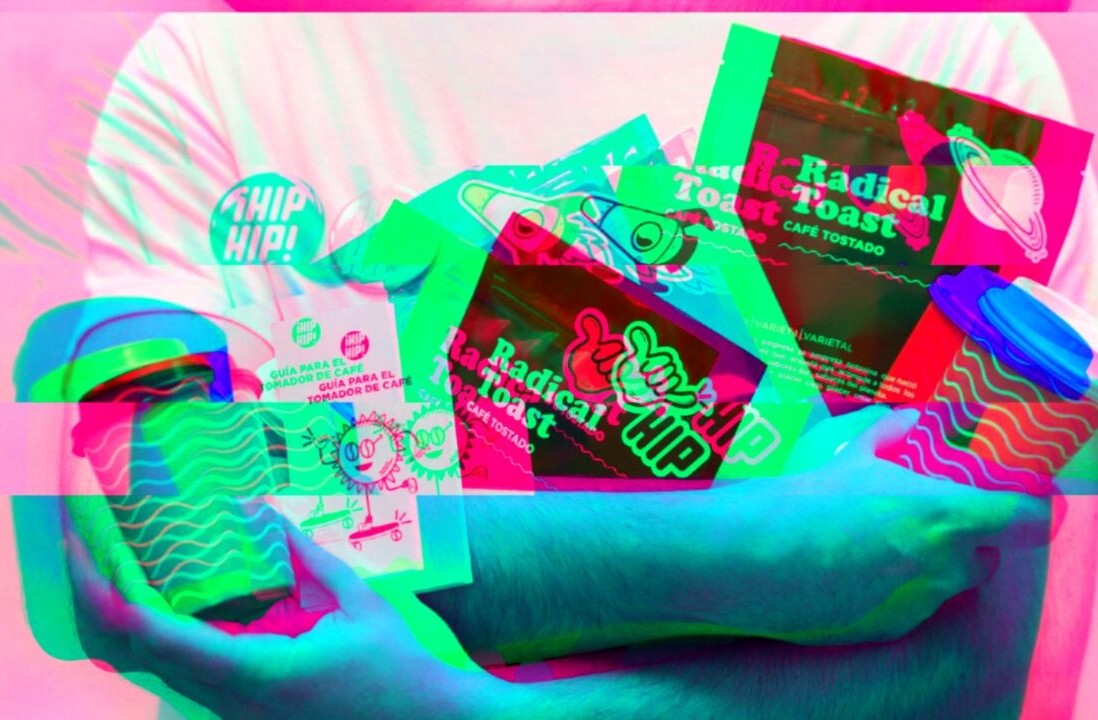
Last week on The Next Web, we saw Silicon Valley depicted by Hermione Way as a trap for America’s brightest young minds, locked in pursuit of profit and exit strategy. Startup incubators manufacturing the software equivalents of Biebers and Gagas, lacking any social conscience.
There are several problems with this portrayal.
To an outsider, the incubator process is artificial compared to flashbacks of Wozniak in a garage, building computers with his bare hands in the 70s. Production-line farming of startup “batches” diminishes that glamour somewhat, but let’s put things in perspective. When Disney manufactured Hannah Montana we saw a human child become a product. That could be called distasteful. When Y Combinator “manufactures” a startup, investors take on risk, founders are empowered, and a product is created. That product is not a Hollywood artifice, it’s a business. No-one becomes a product. They become owners.
Owners of trivia? Is the Valley losing innovation in the pursuit of wealth? According to Hermione, only two of two hundred startups she’d seen this year were game changers: just 1%. But hold on, that’s two game changers. How many game changers do we reasonably expect every year? How many have we seen in the last thirty years? Far from choosing obvious money spinners, Y Combinator co-founder Paul Graham argues : “Our structure (investing a small amount in a lot of startups) makes it in our interest to take the biggest risks.” Companies like Dropbox and Airbnb certainly weren’t the safe bets they appear now with the benefit of hindsight.
Supply and demand
Valley startups are accused of not solving real world problems, but that’s for consumers, not commentators, to decide. Capitalism – supply and demand – selects products to fill our needs and wants, and does so efficiently. If we want to launch birds at green pigs, then so be it. Our brightest and best developers should be free to choose the trivial, the quirky and the experimental. Our ‘first world problems’ are neither desperate nor profound, but we needn’t feel guilty about that. If there is idle money in consumer pockets, much better that it should be transferred to industrious developers who set up software houses and create jobs.
As for investors, we’ve heard about their commendable portfolios of green and health-oriented startups outside the USA. However, the local economy desperately needs companies in all sectors, particularly those that maximise wealth creation. When society mandates businesses be green and philanthropic, those rules distort the free market economy and the purpose of business, which is quite simply to make money. Without wealth, how do we buy solar panels, plant trees and vaccinate kids? Surely we should be maximising wealth if we want to maximise social expenditure.
Money isn’t evil
Let’s accept that profit can be a sole motivator for a startup. Capitalism and property rights are constitutional, and responsible for the superb quality of life we enjoy. Cash is a legitimate end goal. It’s the fairest method of exchange that society has ever produced, and remember: the monetary system is not a zero-sum game. One person’s wealth needn’t be created at the expense of another. Money supply expands as an economy grows. Bill’s $56 billion did not leave the rest of the nation $56 billion poorer. The intellectual property that Microsoft created meant paper equity became lots of real-world currency. And those 56 billion notes will buy a lot of mosquito nets and vaccines in Africa.
Some thought Gates epitomised all that’s wrong with capitalism, and Microsoft certainly didn’t start with altruism in mind. College dropouts writing compilers in New Mexico weren’t about to save the world, but all good things take time. Don’t be too quick to judge today’s tech startups. Silicon Valley will always be an energetic, unpredictable melting pot. What starts as a Groupon clone today could produce world-changing wealth and then philanthropy tomorrow.
When Bill eradicates Malaria, let’s acknowledge we got it wrong about him… and, indeed, wrong about capitalism.
Get the TNW newsletter
Get the most important tech news in your inbox each week.




